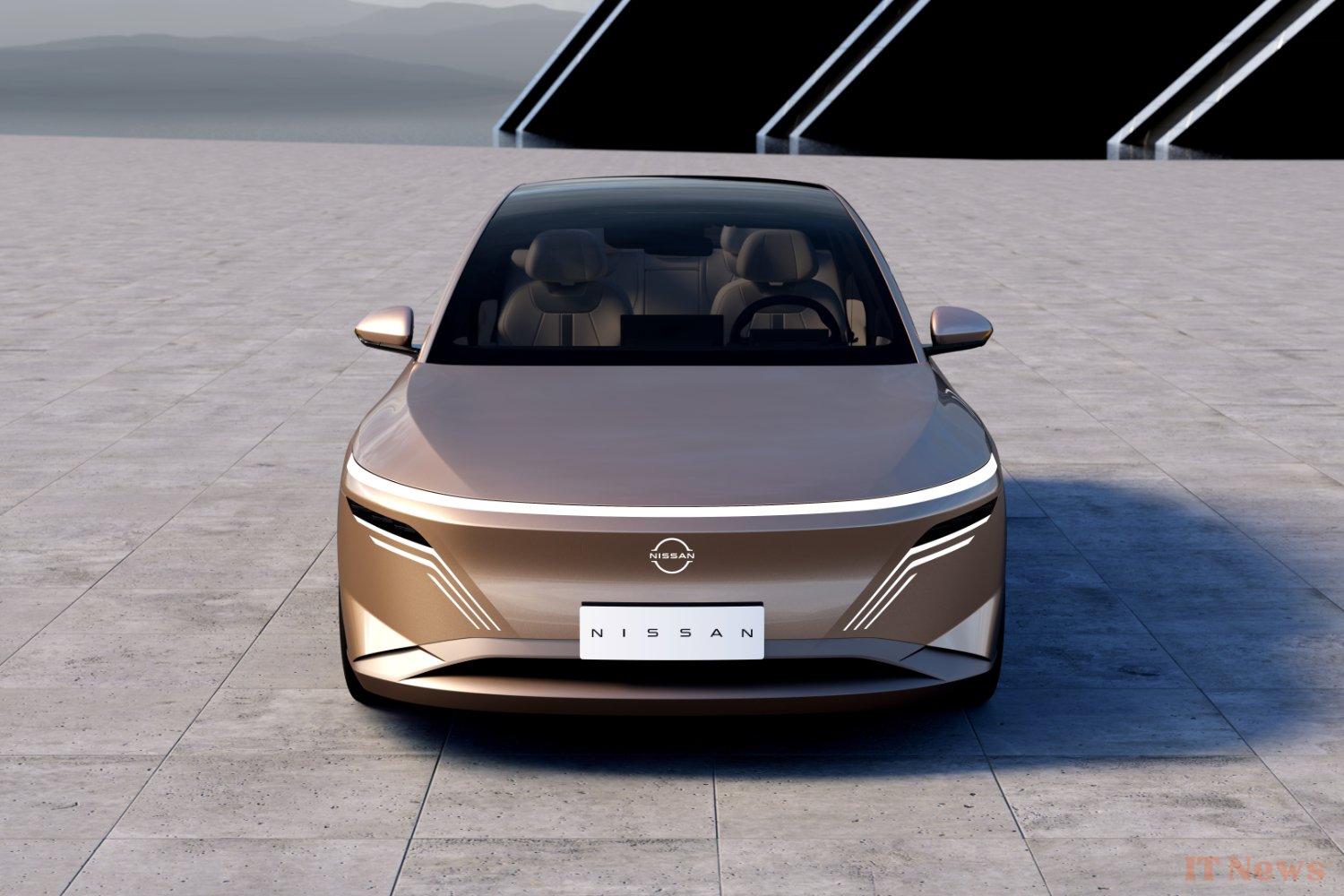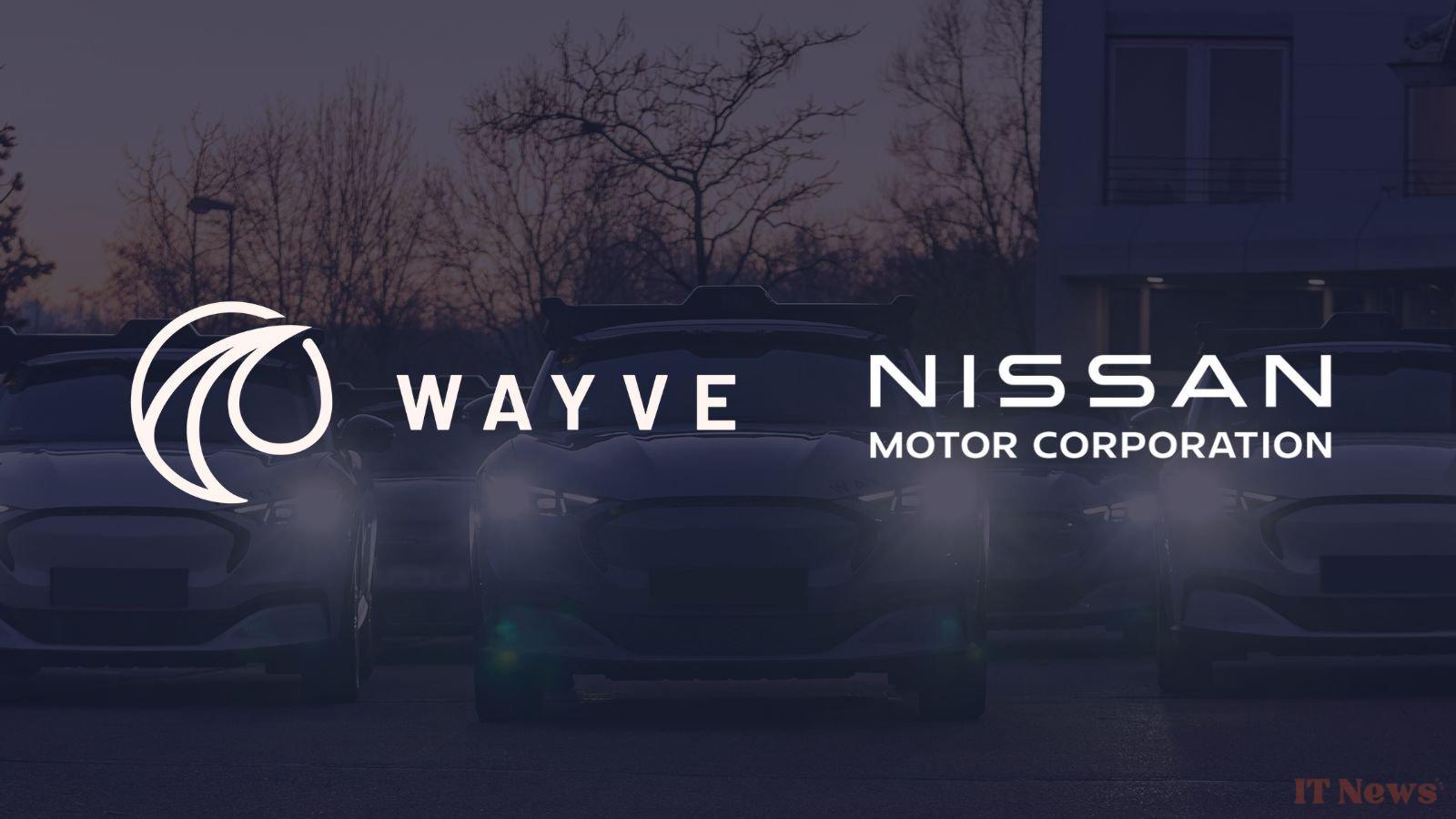Wayve, the British startup specializing in autonomous driving systems that has raised no less than $1.3 billion from Nvidia, Microsoft, SoftBank, and Uber, has just signed an agreement to equip future Nissans. The Japanese manufacturer has just announced the news and is targeting 2027 for mass production.
In a press release, Nissan described Wayve's system as a "new standard in autonomous driving with advanced collision avoidance capabilities." Currently, the brand relies on ProPilot, which includes all of its ADAS. The agreement aims to equip future Nissans with a Level 2 autonomous system, which will allow the computer to take control of the steering, braking, and accelerator, under the driver's supervision.
Wayve isn't just working on a Level 2 autonomous driving system. The London-based startup is also targeting an "eye-off" system, which will no longer rely on driver supervision. "We've had preliminary discussions with almost every car manufacturer," Alex Kendall, co-founder and chief executive of Wayve, told the Financial Times last month.
Straddling Chinese and American competition, Wayve is one of the only European contenders to equip cars with autonomous driving systems. Across the Atlantic, the startup is facing Tesla and Waymo, when it will have to combine with BYD, Baidu, WeRide and Pony.ai in China. For its trials, Wayve has recently been working in Germany, where it has obtained authorizations to run its autonomous cars.
With Wayve, Nissan is joining Tesla's cost-effective approach
Unlike Waymo, the Google subsidiary that swears by its LiDAR sensors, Wayve is following the same approach as Tesla, namely entrusting decisions to AI and road vision to cameras. A system that will only cost a few hundred dollars to equip on a car, and not tens of thousands, Alex Kendall argued.
According to him, manufacturers that market high-end cars already offer the hardware necessary for the autonomous driving imagined by Wayve. He argued that his startup was developing a more flexible and accessible system that learns from the situations it encounters, and that will not require high-definition 3D maps and extensive testing.
"We are focused on deploying the system to major manufacturers in volumes of millions of units as a driver assistance system, and on using it to develop the experience up to Level 4 experiences," Alex Kandell explained last month.
Nissan spokesman Shiro Nagai added, On the occasion of the partnership announcement, that by "leveraging Nissan's technology and Wayve's AI, we are confident that this will enable future Nissan vehicles to faithfully reproduce the judgment and actions of a prudent and competent human driver in complex driving scenarios."
To offer the best, Nissan will still distinguish itself from Tesla. The brand will continue to integrate other sensors, including LiDAR, on its cars. A way to combine the best of both worlds, and not compromise the safety of the system when visibility conditions are decreasing, and the cameras are no longer able to read the road correctly.




0 Comments